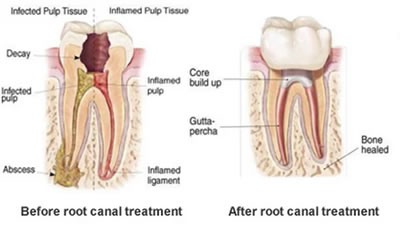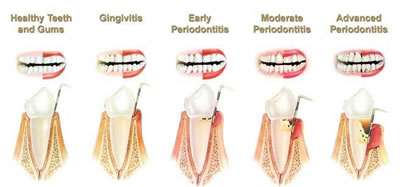Emergency Dentistry
Emergencies happen! We are here to HELP!
Call us today at 586-247-3500
As a practice grounded in compassion and dignity, we care for the whole person — body, mind, and spirit.
Common Causes of Dental Emergencies
Trauma to the face and mouth
Accidents happen, whether you have been in a car crash, had a bad fall, cracked or broke a tooth, or had trauma to your mouth there is one thing these all have in common and it’s their sudden and unpredictable nature. In these situations, time is critical — the sooner you receive care, the better your outcome. If you injure or lose a tooth, call our office immediately and follow these steps if needed.
What to do in case of Tooth Trauma:
- Tooth injured from a fall or blow to the mouth/jaw: Please seek immediate attention, contact us at 586-247-3500. We will direct you and take care of you as soon as possible.
- Dislodged tooth from the mouth: Do your best to recover the tooth. Handle it by the crown (white) portion only and rinse it in milk to remove any contaminates. If possible, gently place the tooth back in its socket and visit us immediately. The sooner you do this, the better the chance of saving the tooth. Never let it dry out. If this is not possible and the tooth is from a child put it in your own mouth to keep it moist.
- Broken/Chipped Tooth: if it broke into a couple of pieces then try to recover the pieces and place them into a zip block bag and bring them with you to your appointment. Bring all pieces with you; we may bond them together successfully for a great result.
Nerve Infection
Dental infections most commonly occur when cavities develop in a tooth that makes their way to the dental pulp. Bacteria live in the cavity and when a cavity progresses to the pulp, it infects the nerve and blood vessels which is a superhighway to the bone surrounding the tooth. When infection spreads beyond the nerve, it begins affecting the bone. Pressure builds and biting becomes painful. If left untreated, infection can bore a hole in the bone and eventually making its way to the soft tissue. The gum tissue will swell out at this point and if it continues may make its way down the neck or even into the brain if it is an upper tooth. As the bone loss progresses it is easier to see on a dental x-ray. In the early stages of an infection, it may not show up on an x-ray.

Treatment for a dental infection includes:
- Extraction: An extraction is an effective way to remove an infection. If the infection is from the nerve or the tissue around the tooth the process of removing the source of infection in almost immediate relief of pain and pressure associated with an infected tooth. We often prescribe an antibiotic beforehand to improve the effectiveness of local anesthesia. We can usually remove a tooth safely, even when infection is present. Of course, it would need to be assessed by us first.
- Root canal: This is the process of removing an infected nerve which is in the tooth. When properly numbed, this procedure causes minimal discomfort and we can often complete it the same day you come in. By removing the infected nerve it releases the pressure from the tooth and the bone, relieving the extreme pain from the infected tooth.
Pain around tooth and gums from bone loss

Bone loss around a tooth may not cause pain until it’s advanced and requires extraction. Periodontal disease is also known as Gum disease can be severe but it is misleading because the bone loss around a tooth is not painful as much as an infection from inside of the tooth and many people ignore the signs of these types of infections. If your teeth are loose, you have bad breath or your gums bleed when brushing you probably have periodontal disease. Prevention is the best way to avoid the silent disease which could lead to tooth loss.
The Gentle Dentist
15055 22 mile Rd. Ste #2
Shelby Township, MI 48315
